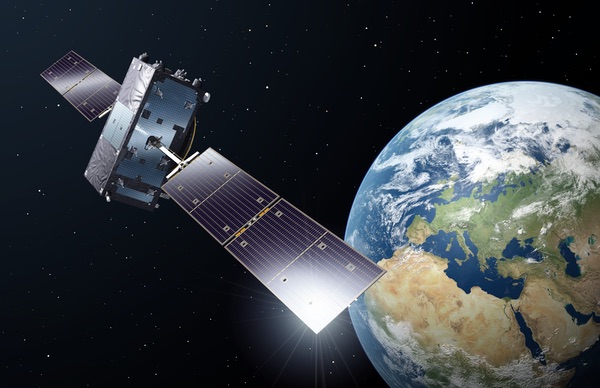Global navigation satellite systems: a Symbiotic Realist paradigmby Nayef Al-Rodhan Monday, February 15, 2021
 The UK’s departure from the EU means it will no longer participate in the Galileo satellite navigation system, an example of the geopolitical issues involved with such networks. (credit: ESA)
The UK’s departure from the EU means it will no longer participate in the Galileo satellite navigation system, an example of the geopolitical issues involved with such networks. (credit: ESA)The UK space sector has been forced to face up to issues of sovereignty, particularly regarding its satellite activity, as Chris Skidmore, the government’s former science minister, highlighted during a Parliamentary debate on the future of the space industry earlier this month. The UK also recently made its final significant industrial contribution to the EU’s Galileo satnav system, as it bid the multi-billion-pound project farewell in another nod to the country’s departure from the European Union.
While space quite literally appears to know no bounds, geopolitical developments on the ground have increasingly brought its geopolitical limitations, as well as questions of sovereignty, regulation, and multilateral relations, into the picture. Despite the UK’s close involvement, the EU ensured that key features of Galileo would only be accessible for bloc members. This raises questions about the exclusive framework that some of these systems operate in, their “global” ubiquitous nature, and how this feeds into the balance between competition and cooperation: what I call a Symbiotic Realist coexistence.
https://www.thespacereview.com/article/4123/1